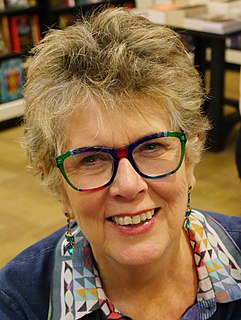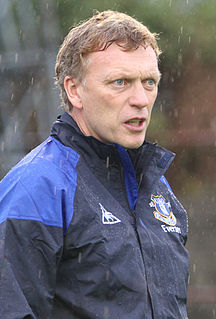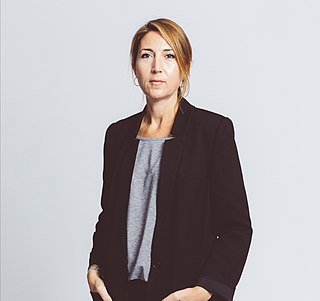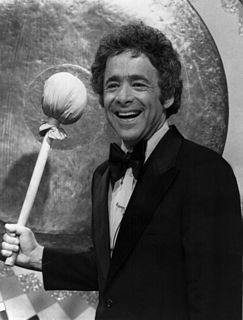A Quote by Prue Leith
I came through the Sixties so I was perfectly aware of drug-taking but I came from South Africa and we were brought up in quite an old-fashioned way. If I went to a rave or a party, I'd be behind the barbecue flipping the burgers. I wasn't out there partying.
Related Quotes
Maybe it's old-fashioned, but I've always preferred to see players with my own eyes than on a video or going on somebody else's recommendation. If that means getting up early and taking a flight, then so be it. Our success at Everton came from having a great recruitment team who I made sure were out watching the players.
When I was in government, the South African economy was growing at 4.5% - 5%. But then came the global financial crisis of 2008/2009, and so the global economy shrunk. That hit South Africa very hard, because then the export markets shrunk, and that includes China, which has become one of the main trade partners with South Africa. Also, the slowdown in the Chinese economy affected South Africa. The result was that during that whole period, South Africa lost something like a million jobs because of external factors.
South Africa used to seem so far away. Then it came home to me. It began to signify the meaning of white hatred here. That was what the sheets and the suits and the ties covered up, not very well. That was what the cowardly guys calling me names from their speeding truck wanted to happen to me, to all of me: to my people. That was what would happen to me if I walked around the corner into the wrong neighborhood. That was Birmingham. That was Brooklyn. That was Reagan. That was the end of reason. South Africa was how I came to understand that I am not against war; I am against losing the war.
You can find your way across this country using burger joint the way a navigatior uses stars....We have munched Bridge burgers in the shadow of the Brooklyn Bridge and Cable burgers hard by the Golden Gate, Dixie burgers in the sunny South and Yankee Doodle burgers in the North....We had a Capitol Burger - guess where. And so help us, in the inner courtyard of the Pentagon, a Penta burger.
I came up with a new game-show idea recently. It's called The Old Game. You got three old guys with loaded guns onstage. They look back at their lives, see who they were, what they accomplished, how close they came to realizing their dreams. The winner is the one who doesn't blow his brains out. He gets a refrigerator.
Livestock adopted in Africa were Eurasian species that came in from the north. Africa's long axis, like that of the Americas, is north/south rather than east/west. Those Eurasian domestic mammals spread southward very slowly in Africa, because they had to adapt to different climate zones and different animal diseases.
There is a lot of sixties-bashing going on these days that I don't agree with at all. I feel that extremely important ideals were brought to the forefront of the collective consciousness at that time. Granted, drug use was so pervasive that our generation did not as a group have the capacity to manifest our ideals to any great extent. But many of the people who were young in the sixties and who were most touched by that collective ethos are still touched.
Moments later a huge male with a cropped mohawk came out. Rehvenge was dressed in a perfectly tailored black suit and had a black cane in his right hand. As he came slowly over to the Brotherhood's table, his patrons parted before him, partly out of respect for his size, partly out of fear from his reputation. Everyone knew who he was and what he was capable of: Rehv was the kind of drug lord who took a personal interest in his livelihood. You crossed him and you turned up diced like something off the Food Channel.






































